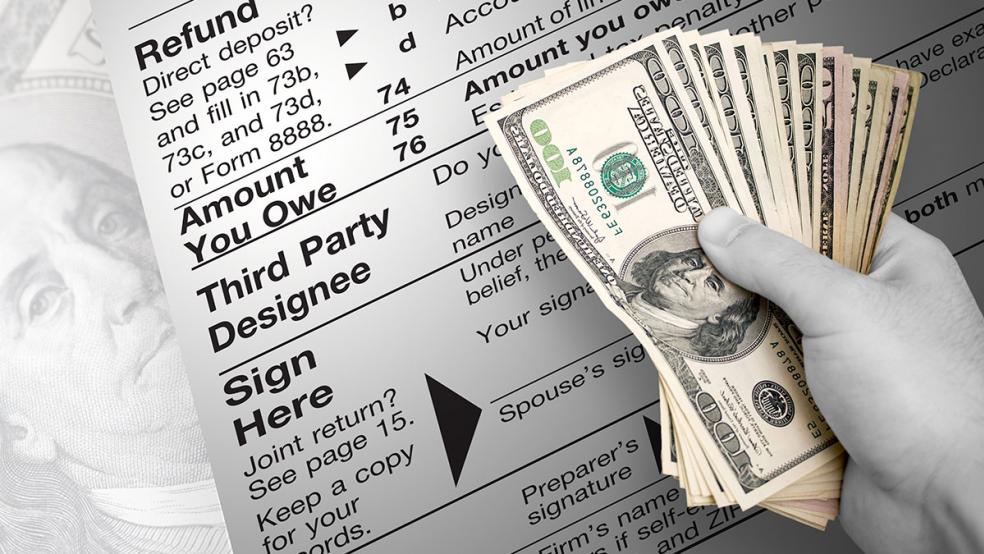The federal tax gap —the difference between taxes owed and those collected — rose to $496 billion a year from 2014 through 2016, according to a report released by the IRS on Friday. The shortfall is $58 billion larger than the previous estimate, and the IRS projects that it has grown even greater in the years since, reaching an annual $540 billion from 2017 through 2019.
"The increase in the tax gap estimates reflects that the IRS needs to do more, both in improving taxpayer service as well as working to improve tax compliance,” outgoing IRS Commissioner Chuck Rettig said in a statement. (See more on Rettig and his replacement here.)
The IRS analyzes the tax gap every three years. Its new estimate represents an increase of 13% from the $438 billion gap reported for 2011 through 2013. It says that economic growth accounts for the difference, as the estimated tax liability grew by more than 23% from the 2011-2013 period to the 2014-2016 one. The IRS estimates that total annual tax liabilities from 2014 through 2016 came to just over $3.3 trillion, up from about $2.7 trillion for the prior period.
The latest tax gap total includes an estimated $398 billion in underreporting on returns that were filed in a timely fashion, another $59 billion in underpayments (taxes that were reported on time, but not paid on time) and $39 billion in nonfilings.
The IRS estimate means about 85% of taxes were paid voluntarily and on time, a slight improvement from 83.7% in the previous estimate. The IRS said that some $68 billion of the $496 billion annual tax gap eventually will be paid, resulting in a net gap of $428 billion for 2014 through 2016, up from $380 billion.
Independent estimates have suggested that the annual gap has risen far higher than the IRS figures, and Rettig last year told a Senate panel that the actual difference may be close to or even more than $1 trillion a year.
Democrats’ Inflation Reduction Act provided the IRS with funding boost of $80 billion over 10 years, with part of the new money meant to help crack down on tax cheats and tax avoiders. “The recent funding addition will help the IRS in many ways, increasing taxpayer education, significantly improving service to all taxpayers and focusing on high-income/high-wealth non-compliance in a fair and impartial manner supporting compliant taxpayers," Rettig said.
Senate Finance Committee Chair Ron Wyden (D-OR) said that the tax gap report reinforced the need for additional investment in the IRS. “Importantly, IRS acknowledges that it underestimates tax avoidance by the wealthiest Americans and corporations,” he said in a statement. “The IRS made clear that the report does not adequately capture sophisticated avoidance schemes favored by billionaires, including partnerships, other pass-through entities, and secret offshore accounts. Here’s a key point: Noncompliance in these areas is extrapolated from audits, and audits in these areas are at historic lows. There’s clearly far more avoidance at the top that IRS needs to pursue.”





